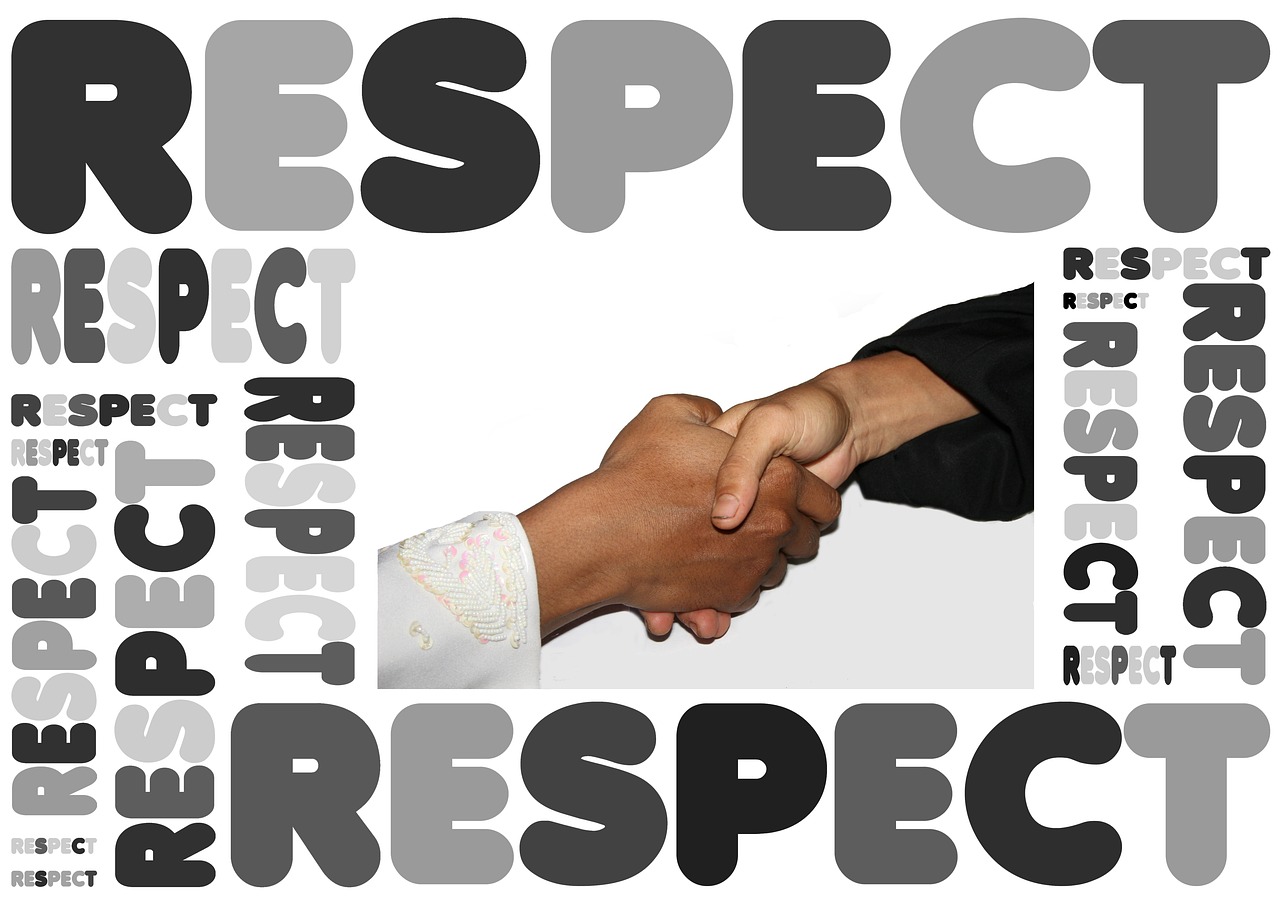Self-respect is the acknowledgment and appreciation you have for yourself, including your self-worth, dignity, and the importance you assign to your thoughts, feelings, and rights. It is the foundation for healthy self-esteem and influences how you interact with others and how you allow them to treat you. Here are some key components of self-respect:
- Self-Acceptance: Accepting yourself fully, with all your strengths and weaknesses, while avoiding harsh self-judgment.
- Boundaries: Understanding and enforcing personal boundaries in relationships, helps protect your well-being and values.
- Integrity: Acting in alignment with your values and principles, even in the face of external pressure.
- Self-Care: Prioritizing your physical, emotional, and mental well-being by engaging in practices that nourish and rejuvenate you.
- Confidence: Believing in your abilities and worth, allows you to pursue your goals and stand up for yourself.
- Assertiveness: Communicating your needs and desires clearly and respectfully, while also valuing others’ perspectives.
- Forgiveness: Being able to forgive yourself for past mistakes and understanding that everyone is imperfect.
Self-respect is essential for personal development, nurturing healthy relationships, and achieving overall happiness. It empowers you to make choices that align with your values and fosters resilience in facing life’s challenges.
What Are Signs Of Lack Of Self-Respect?
Low self-respect can show up in different forms. Here are some common signs:
- Allowing Mistreatment: Tolerating abusive or disrespectful behavior from others, whether in personal relationships, work, or social settings.
- Poor Boundaries: Struggling to set or enforce personal boundaries, often feeling overwhelmed or taken advantage of by others.
- Negative Self-Talk: Engaging in self-critical or demeaning thoughts, doubting your worth and capabilities.
- People-Pleasing: Consistently prioritizing others’ needs and desires over your own, often at the expense of your well-being.
- Inability to Say No: Feeling obligated to agree to requests or demands from others, even when it conflicts with your own needs or values.
- Settling for Less: Accepting less than you deserve in relationships, work, or life situations, often due to feelings of unworthiness.
- Lack of Assertiveness: Difficulty expressing your thoughts, feelings, or needs, leading to avoidance of conflict or confrontation.
- Comparing Yourself to Others: Frequently measuring your worth against others, leads to feelings of inadequacy or jealousy.
- Neglecting Self-Care: Ignoring your physical, emotional, or mental health needs, such as not engaging in healthy habits or practices.
- Fear of Judgment: Allowing fear of others’ opinions to dictate your actions, leads to conformity rather than authenticity.
Recognizing these signs can be an important first step in addressing and improving your self-respect through self-reflection, boundary-setting, and positive self-affirmation.
How To Build Self-Respect?
Building self-respect is a vital process that enhances your overall well-being and relationships. Here are some effective strategies to cultivate self-respect:
- Know Your Values: Identify what is important to you and align your actions with these values. Understanding your principles helps reinforce your self-worth.
- Set Boundaries: Establish clear boundaries in relationships and communicate them assertively. Protecting your personal space and emotional health is essential for self-respect.
- Practice Self-Care: Make your physical, emotional, and mental health a top priority. Engage in activities that nourish you, such as exercise, hobbies, and relaxation.
- Challenge Negative Self-Talk: Replace self-criticism with positive affirmations. Acknowledge your strengths and accomplishments, and treat yourself with kindness.
- Learn to Say No: Practice saying no to requests or demands that do not serve your well-being or align with your values. Respecting your own needs is crucial.
- Make Informed Choices: Take ownership of your decisions and actions. Reflect on the consequences and learn from your experiences, reinforcing your sense of agency.
- Surround Yourself with Supportive People: Build relationships with individuals who uplift and encourage you. Positive influences can enhance your self-respect.
- Embrace Mistakes as Learning Opportunities: Accept that everyone makes mistakes. Use them as chances for growth rather than as reasons for self-judgment.
- Celebrate Achievements: Acknowledge and celebrate your successes, no matter how small. Recognizing your progress helps reinforce your self-worth.
- Engage in Self-Reflection: Regularly take time to reflect on your feelings, experiences, and goals. Self-awareness can help you understand and appreciate yourself better.
Building self-respect is a gradual process that requires patience and commitment. By consistently applying these strategies, you can cultivate a healthier relationship with yourself.



